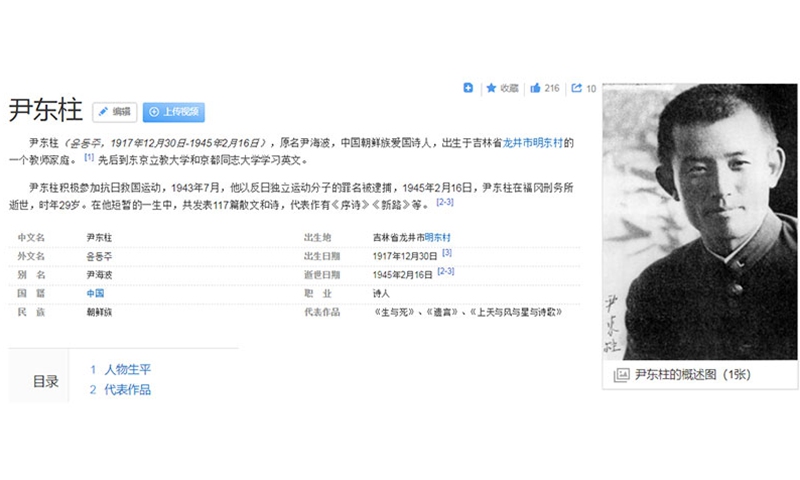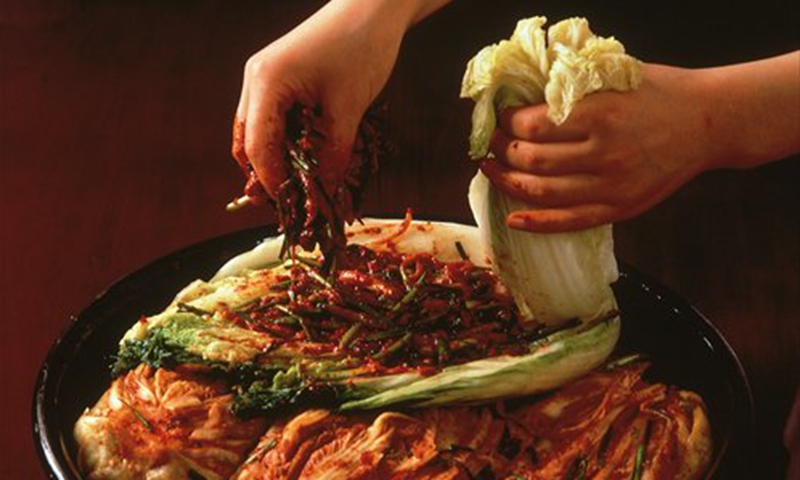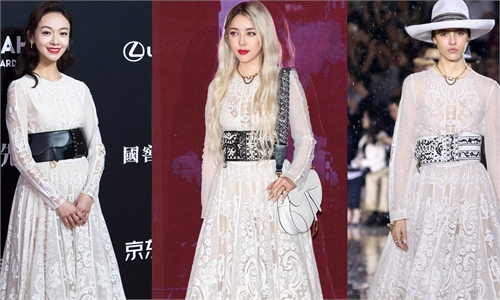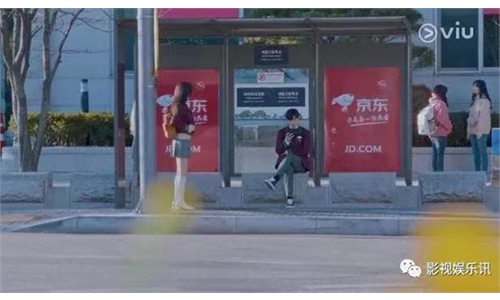S.Korean professor slammed by netizens and experts for seeking fame by stirring up cultural spats between China and SK

Photo: Snapshot of a page on Baidu Baike, China’s Wikipedia-like platform
After his previous email stirred up an online spat concerning the origins of kimchi, Seo Kyoung-duk, a professor at South Korea's Sungshin Women's University, sent another email on Tuesday to Baidu Baike, China's Wikipedia-like platform, asking the platform to change the nationality of the late Yun Dong-ju, a famous Chinese poet belonging to China's Korean ethnic minority group, to South Korean. The move has caused many Chinese netizens to suspect that the professor is trying to incite clashes between the two cultures in order to "gain popularity."
However, Chinese experts in China-Korean studies have told the Global Times that this scholar does not represent mainstream public opinion, and historical figures with transnational backgrounds like Yun should be honored by both China and South Korea to promote cultural exchanges between the two countries.
According to a Tuesday report from the Yonhap News Agency, Seo sent an email to Baidu Baike saying that the platform was providing "incorrect information about the ethnicity and nationality" of certain independence activists. Seo claimed that the entry for Yun was an example of this as it lists the poet as being part of the "Korean ethnic group" and emphasized that he was "angry with China's distortion of history."
Yun was born in 1917 in Mingdong village in Longjing city, North China's Jilin Province, along the border of China and the Korean Peninsula, which was at the time occupied by Japan. Yun began studying at Kyoto Doshisha University in 1942, but later was arrested by the Japanese police for inciting alleged anti-Japanese movements in 1943, and died in Fukuoka prison in Japan in 1945 at the age of 27, leaving behind more than 100 poems.
The hashtag "South Korean professor asks to change nationality of Chinese poet from Korean ethnic group to South Korean" quickly began trending on China's Twitter-like Sina Weibo, earning more than 390 million views as of Wednesday.
Many Chinese netizens noticed that Seo is the same person who provoked a previous online cultural spat over the origins of kimchi in December 2020. At the time he protested the phrase "Korean kimchi originated from China" within the platform's entry on the history and culture of kimchi by sending an email to Baidu Baike, which later evoked nationalist sentiment among both South Korean and Chinese netizens.
The entry was later deleted by a registered user.
Some netizens suspected that Seo is trying to "gain popularity and expand his influence" by stirring up national sentiment in South Korea and hurt normal exchanges between netizens of the two countries.
Li Kaisheng, a research fellow and deputy director at the Institute of International Relations of the Shanghai Academy of Social Sciences, told the Global Times on Wednesday that due to the complicated history of the country, some South Korean people are very sensitive when talking about their culture. However, he noted that most people are rational and that a fringe group does not represent mainstream public opinion.
Lü Chao, director of the Research Institute for Borderland at Liaoning Academy of Social Sciences, echoed Li's opinion by saying that most South Korean scholars he knows are friendly and objective when discussing the two countries' history and culture.
"They also thought it was a joke when they heard some rumors that said Confucius is Korean," he noted.
Lü pointed out that similar controversies can be discussed in academic forums while posting on social media and promoting a type of "de-sinicization" sentiment is not proper.
"The Korean Peninsula was previously a vassal state of China. The cultures of the two countries have much in common, which is worthy of joint study and discussion. Just like Korea-born Chinese composer Zheng Lücheng, who had significant influence in both countries, poet Yun should become a bridge for enhancing cultural communications in both countries rather than being used to drive them apart," said Lü.
Global Times





